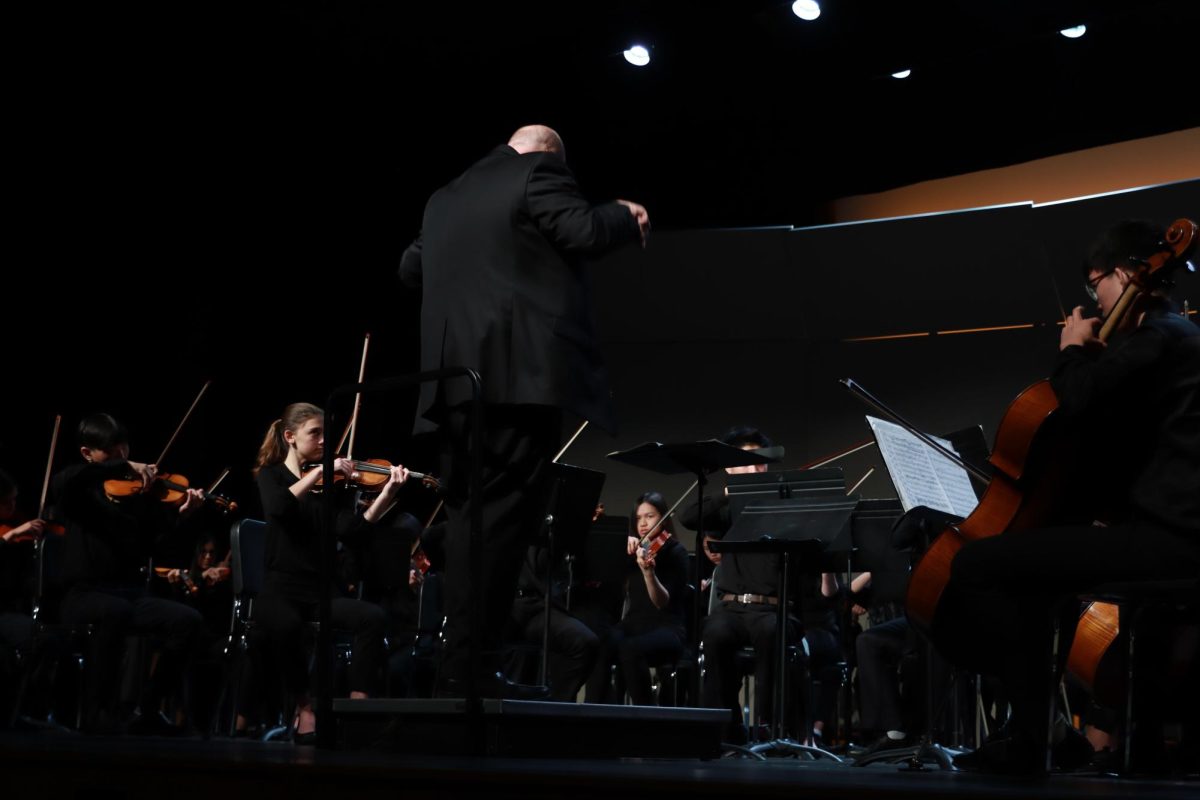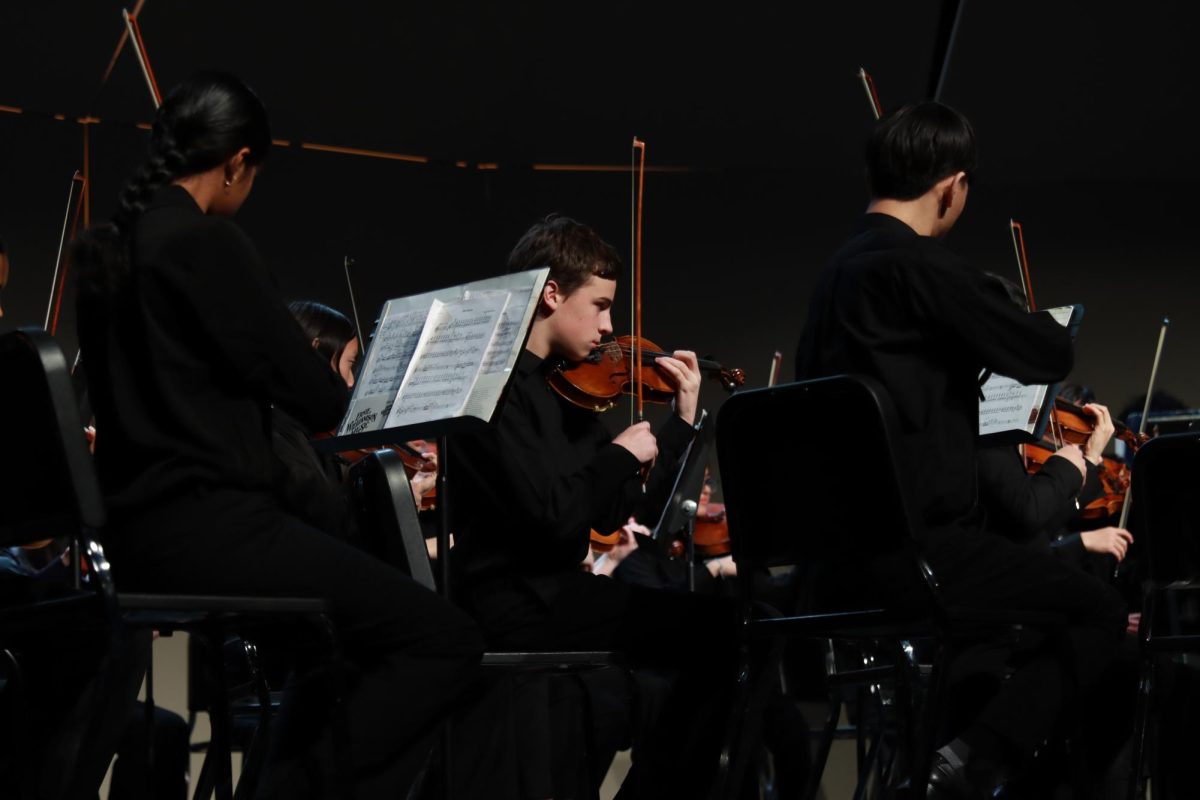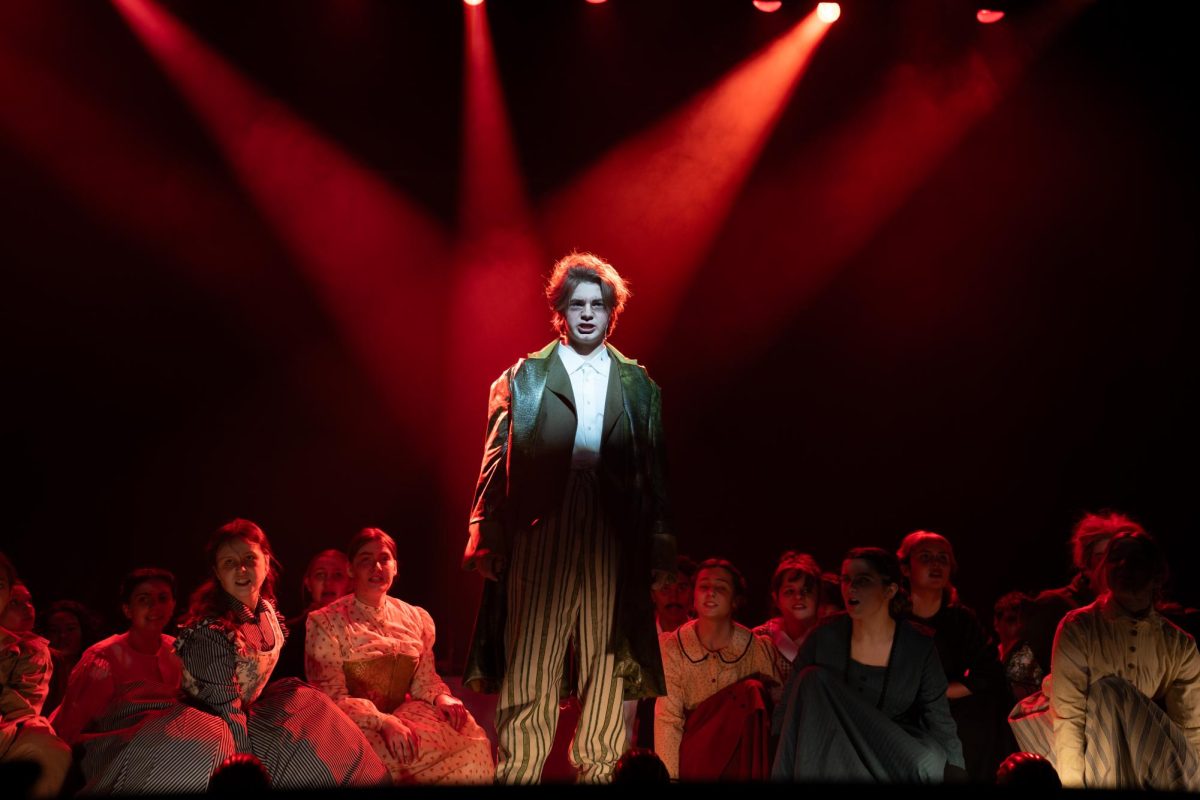Maleficent

(Official movie poster.)
August 29, 2014
A familiar character with an unfamiliar story sparks great interest in an audience. Director Robert Stromberg without a doubt had this notion in mind before he directed this summer’s big Disney release, Maleficent.
No one can forget the character of Maleficent. In Disney’s The Sleeping Beauty, out of what seems to be pure evil, the fairy uses her powers to place a curse on an innocent girl–one that can only be broken by “true love’s kiss.”
Although it is not difficult to predict the ending of the more traditional story, the same cannot necessarily be said for this past summer’s film. The former truly communicates that there is no force greater than true love; the latter expresses the same sentiment but with an interesting twist.
At first, it seems as though the story is headed down a pessimistic path. Maleficent (Angelina Jolie), the featured young, pure-hearted fairy, has a heart that “turns to stone” as a result of conflict between her world, which is known as the world of the moors, and the human world. When Maleficent’s former love interest, Stefan (Sharlto Copley), now the highest ranking member of the human kingdom, has a child named Aurora (Elle Fanning), the fairy curses the child out of jealousy and hatred–just as she does in The Sleeping Beauty.
Interestingly enough, however, the unlikely protagonist does remember to include the exact same detail that she conveys in The Sleeping Beauty. The curse is not permanent: it can be broken (only) by true love’s kiss. That being said, the fairy, now extremely malevolent, has come to be so cynical that she outright states that she chose to include this particular loophole because “true love does not exist.”
In other words, the only reason she made it appear as though the curse were reversible was to instill false hope. The audience comes to believe that Maleficent is even more evil than she was before–an idea that seems impossible.
Until a bit past “midnight on her sixteenth birthday,” the king’s daughter Aurora is sent to a distant sylvan location in order to be raised by three good-natured fairies from Maleficent’s very own moor kingdom. Even so, Maleficent tracks the young child down and watches over her with bitter contempt. Determined to make Aurora’s time in this life as miserable as possible, she follows the girl around and constantly thinks of ways to make her life worse.
Eventually, though, Maleficent comes to realize something important about the nature of true love that may have the ability to change the future of Aurora and the two neighboring kingdoms for good. In addition, even the older and wiser members of the audience gain valuable insight into the human condition: Stromberg makes a powerful argument about the nature of true love that lingers persistently in the audience member’s head for days after he or she walks out of the theater door.






![The All-In Coalition marches in the 2022 Homecoming Parade. The students spent the morning decorating the car and threw out frisbees and candy in the parade. ¨[I wanted to] go to the parade [to] get to know everyone better and find common interests besides wanting to combat teen substance abuse,¨ freshman Olivia Lin (pictured left holding the banner) said.](https://www.chsglobe.com/wp-content/uploads/2024/12/image6-1-300x225.jpg)
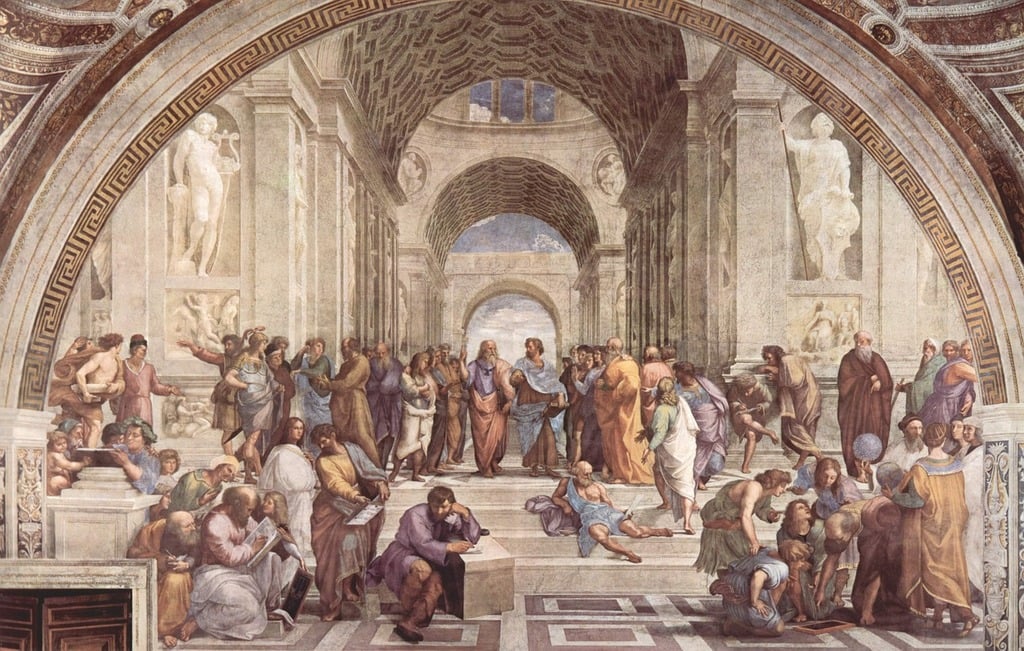


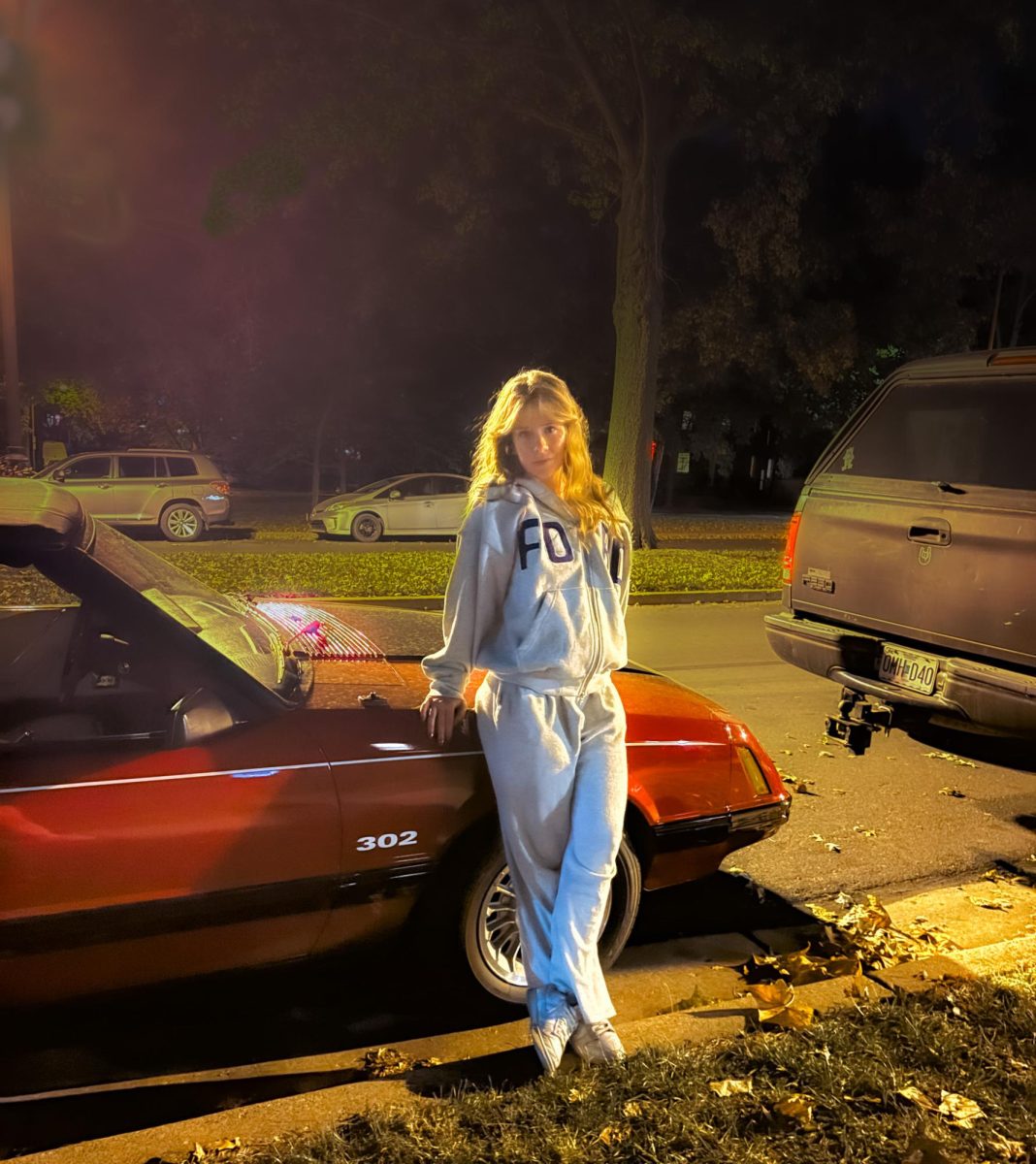




![Rowing Club teammate Audrey Burger poses next to Juliette Springer at the Haxton Ohio race. The team placed sixth out of 16; in the previous race, they placed fourth. "[After] the race was over, I felt very relieved because of how nervous I was before the race. I also felt proud because I did better then I thought I was going to do," Springer said.](https://www.chsglobe.com/wp-content/uploads/2024/12/IMG_7938-1.jpg)









